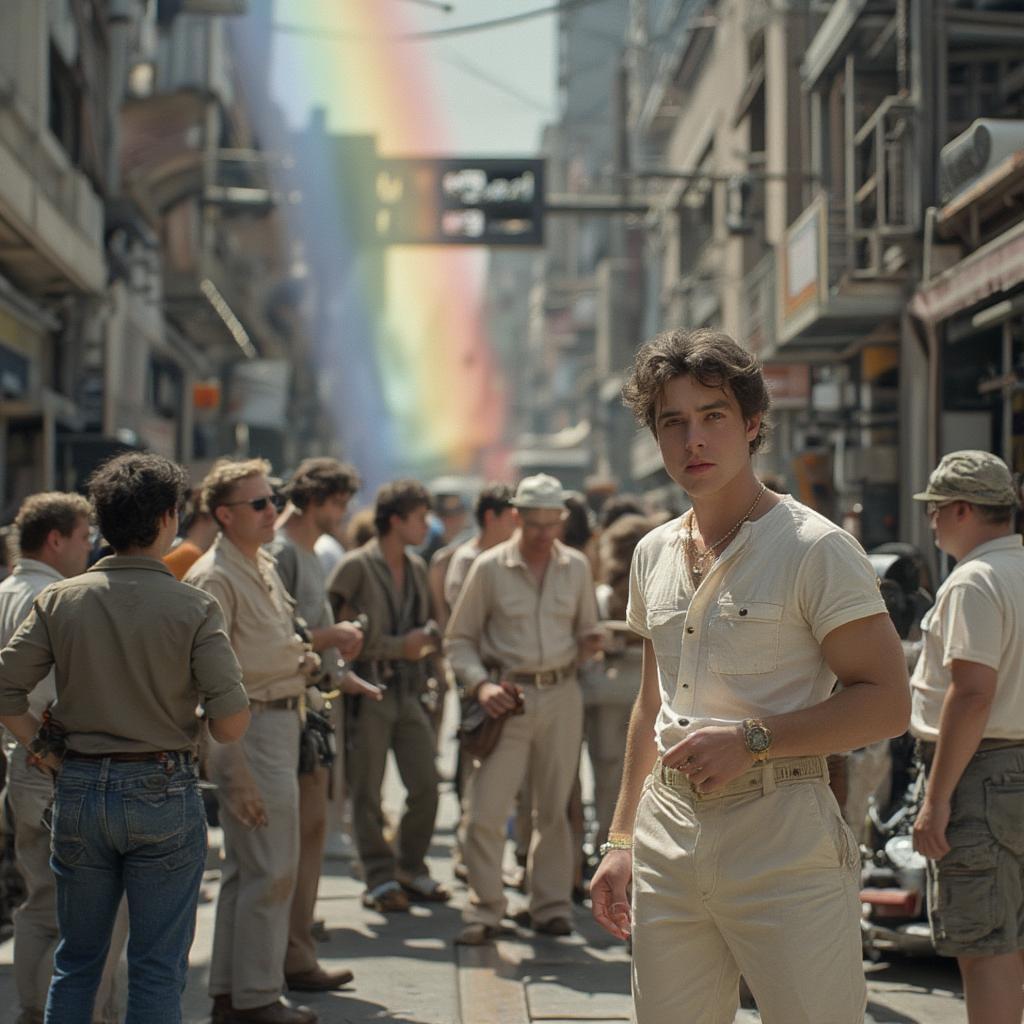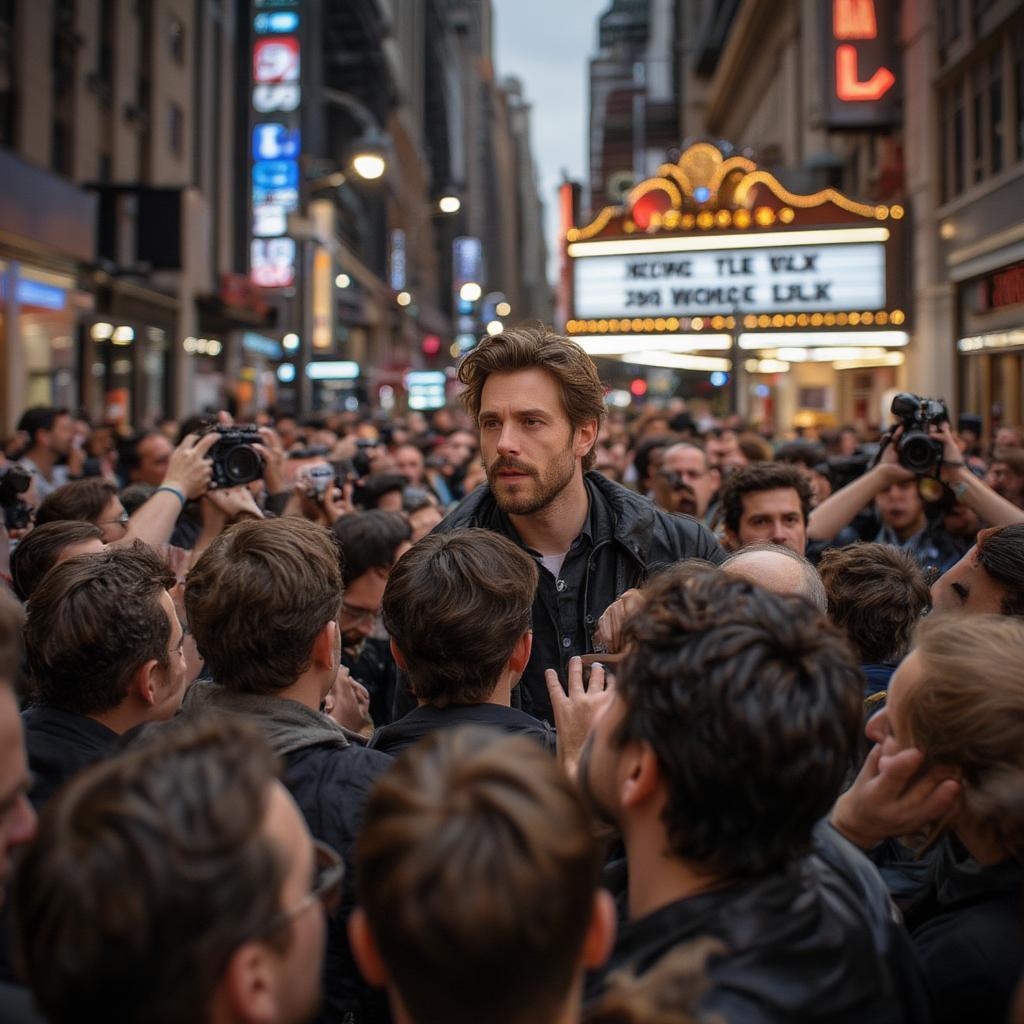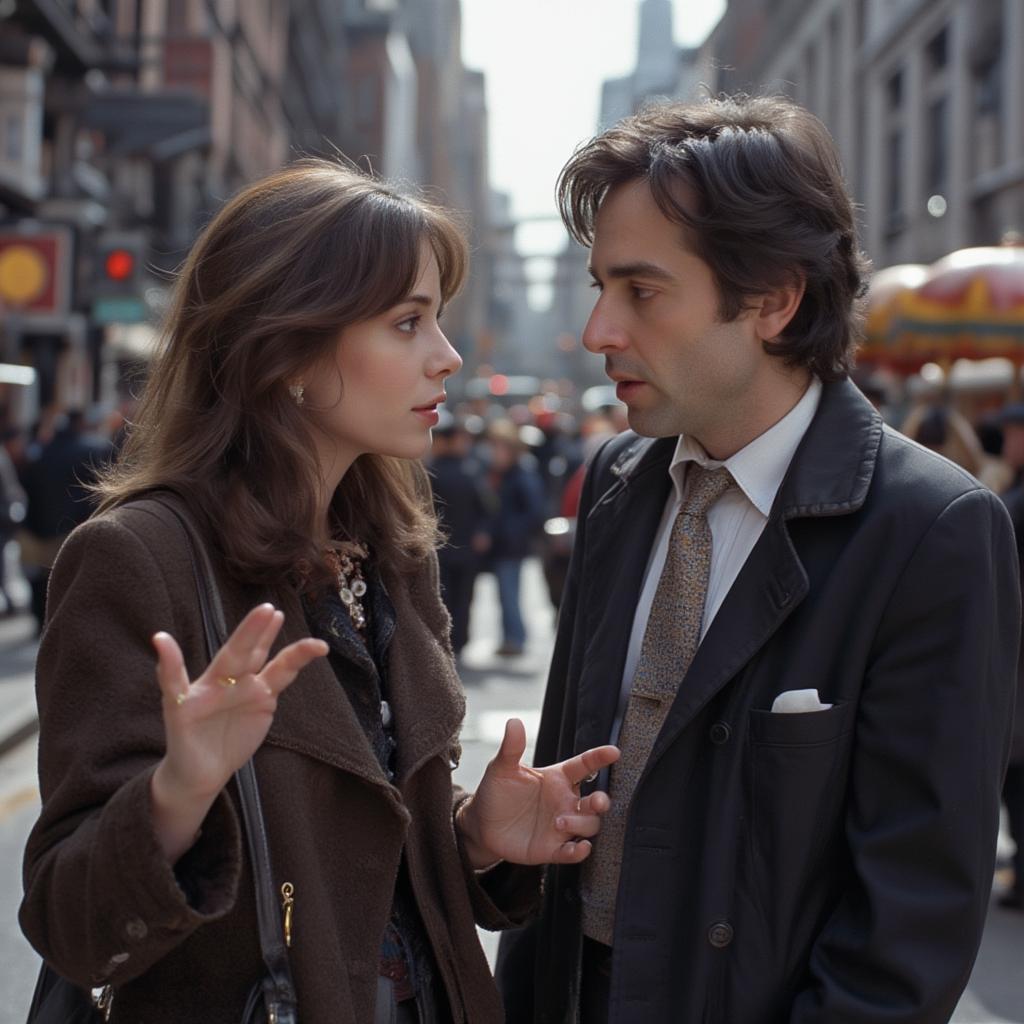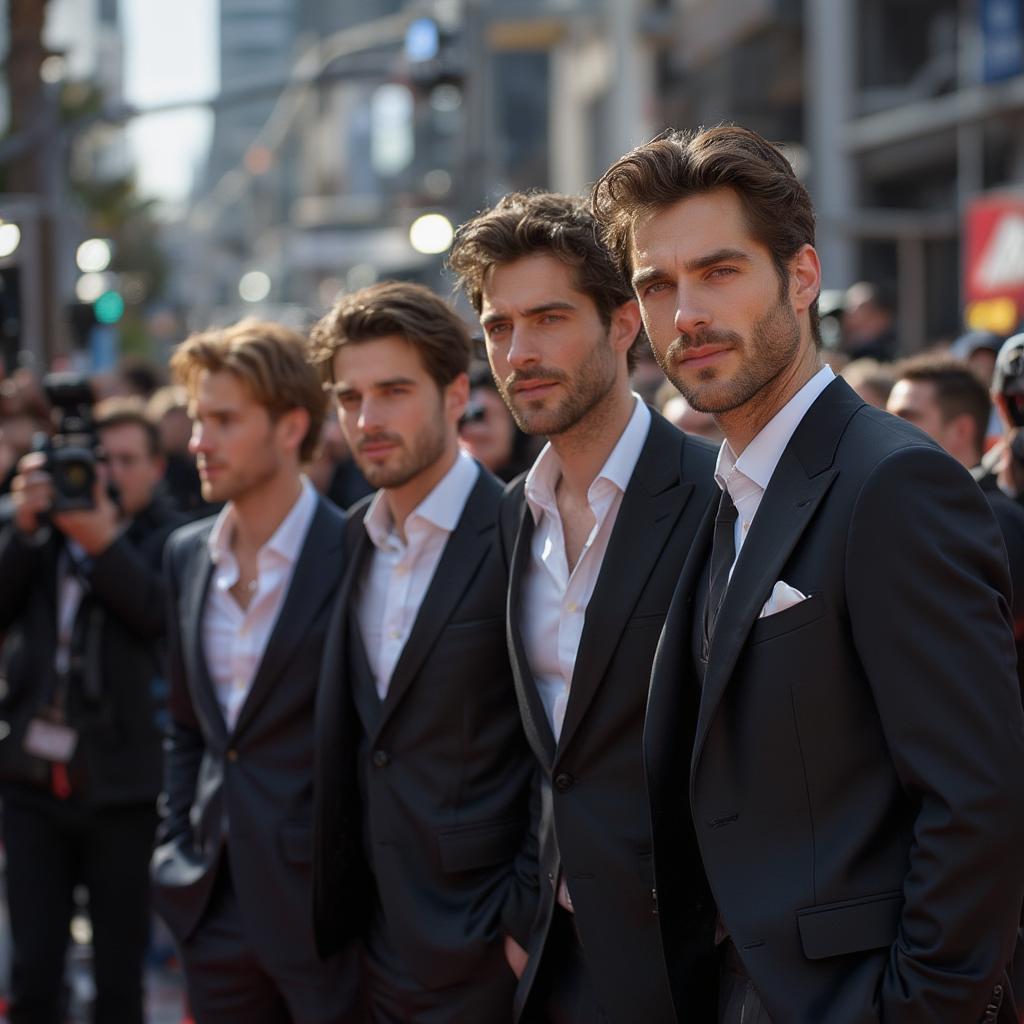Famous Gay Actors of the 50’s and 60’s: Hollywood’s Hidden History

The 1950s and 1960s were a golden age for Hollywood, but behind the glamour and glitz lay a hidden history: the untold stories of famous gay actors who navigated a world of secrecy and repression. These men, immensely talented and captivating on screen, lived double lives, their true identities concealed from the public eye due to the pervasive homophobia of the era. This article delves into the lives and careers of some of these remarkable individuals, exploring the challenges they faced and the impact they made on the film industry.
Navigating the Lavender Scare: Challenges Faced by Gay Actors
The McCarthy era, with its fervent anti-communist sentiment, also fueled the “Lavender Scare,” a period of intense persecution of LGBTQ+ individuals, particularly in government positions. This atmosphere of fear and paranoia extended to Hollywood, where being outed as gay could ruin a career. Studios enforced strict morality clauses, and gossip columnists held immense power, capable of destroying reputations with a single blind item. Gay actors were forced to live in the shadows, often entering into sham marriages or engaging in carefully orchestrated public appearances to maintain a heterosexual facade. The constant fear of exposure and the pressure to conform created immense psychological strain.
The Studio System and the Enforcement of Morality
The studio system, which controlled every aspect of an actor’s life, played a significant role in enforcing this culture of silence. Studios often dictated who actors could date, what roles they could play, and how they presented themselves in public. Any deviation from the prescribed image could result in severe consequences, including contract termination and blacklisting. This control extended to personal lives, with studios often arranging fake relationships and marriages to protect their investments and maintain a squeaky-clean image for their stars.
Unsung Heroes: Notable Gay Actors of the Mid-20th Century
Despite the immense challenges, many talented gay actors thrived in Hollywood during this period, leaving an indelible mark on cinematic history. While their true identities remained largely hidden, their contributions to the art form were undeniable. Let’s explore some of these notable figures:
Rock Hudson: A Tragic Icon
Rock Hudson, a quintessential leading man, epitomized Hollywood masculinity. His romantic pairings with Doris Day in films like “Pillow Talk” solidified his image as a heterosexual heartthrob. However, Hudson was gay, a secret he guarded fiercely throughout his career. His tragic death from AIDS-related complications in 1985 brought the issue of HIV/AIDS to the forefront of public consciousness and shattered the carefully constructed illusion surrounding his personal life.
Tab Hunter: The All-American Boy Next Door
Tab Hunter, with his blonde hair, blue eyes, and boyish charm, was marketed as the ideal American teenager. He starred in numerous films, often playing clean-cut, heroic characters. Hunter’s homosexuality was an open secret in Hollywood, but he was forced to deny it publicly for years. He eventually came out in his autobiography, detailing the challenges he faced and the toll the secrecy took on his life.
Anthony Perkins: Psycho’s Troubled Star
Anthony Perkins, best known for his chilling portrayal of Norman Bates in Alfred Hitchcock’s “Psycho,” was another prominent gay actor of the era. While he did marry and have children later in life, Perkins struggled with his sexuality for many years, concealing it from the public and even engaging in relationships with women to maintain appearances. His story highlights the immense pressure placed upon gay actors to conform to societal expectations.
The Price of Silence: The Impact of Concealment
The enforced secrecy surrounding homosexuality in Hollywood had a profound impact on the lives of gay actors. The constant fear of exposure, the pressure to conform, and the inability to live authentically led to immense emotional and psychological distress. Many resorted to substance abuse or suffered from depression and anxiety. The tragic consequences of this oppressive environment underscore the importance of acceptance and tolerance.
The Legacy of Hidden Lives: Shaping Modern Hollywood
The struggles of these pioneering gay actors paved the way for greater visibility and acceptance in the decades that followed. Their stories, though often shrouded in secrecy, remind us of the importance of fighting for equality and celebrating diversity. While Hollywood still has progress to make, the bravery of these individuals helped lay the foundation for a more inclusive and representative entertainment industry.
Were There Openly Gay Actors in the 50s and 60s?
While extremely rare, there were a few actors who lived relatively openly gay lives during this period, often working in independent or foreign films where the studio system’s grip was less tight. However, their careers were often marginalized, and they faced significant discrimination.

The Enduring Influence of Hollywood’s Hidden Figures
The famous gay actors of the 1950s and 1960s, despite the challenges they faced, left an enduring legacy. They contributed significantly to the art of filmmaking and helped shape Hollywood’s golden age. Their stories, both tragic and triumphant, serve as a reminder of the importance of authenticity, acceptance, and the ongoing fight for LGBTQ+ rights. They remain an inspiration for aspiring actors and a testament to the power of talent and resilience in the face of adversity. Famous gay actors of the 50s and 60s contributed immensely to the film industry, despite facing tremendous societal pressure. Their stories continue to resonate, reminding us of the importance of inclusivity and the power of living authentically.




